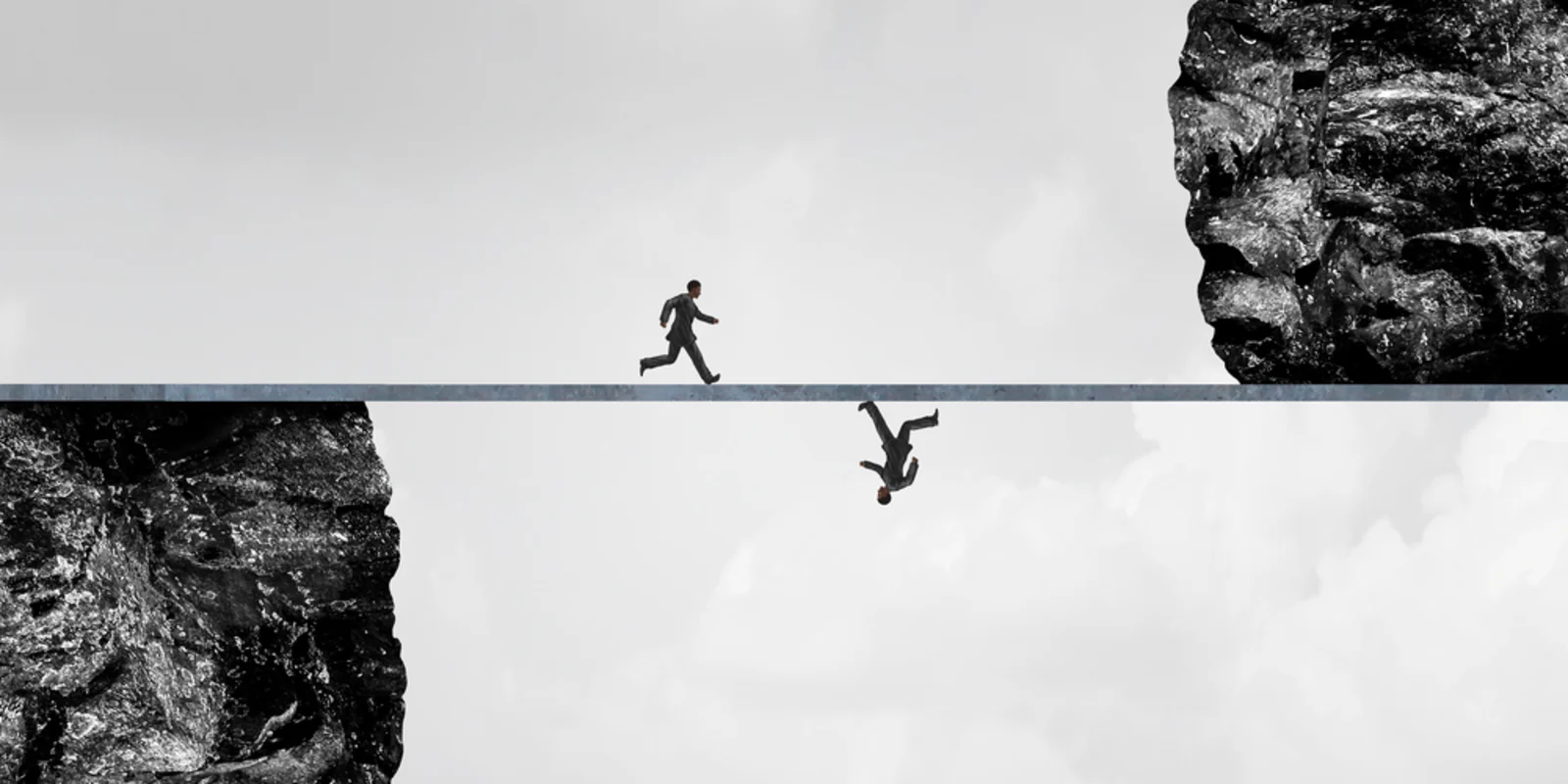This year's American Psychiatric Association Annual Meeting was held in San Francisco. This location, with its horrific public health emergency in both the background and sometimes the foreground, was the most important message.
San Francisco, particularly its downtown, has had very public problems with governance. I live in New York. I lived in New York throughout the pandemic. I've had two mugging attempts throughout the last few years. I had a knife held to my ribs on the very block I lived on.
Compared to San Francisco's maelstrom of substance use disorders, poverty, and violence? Having a knife held to my ribs sounds positively relaxing when compared to every day in downtown San Francisco.
The Walgreens where I went to buy toothpaste had all of the toothpaste behind locked barriers. There has been a shooting two weeks past.
It is a zombie apocalypse. I didn't expect the zombies to be myself and the other well-meaning 18,000 attendees of the APA who tried to walk by as if this wasn't happening. Those suffering are our brothers and sisters. It's as if fentanyl use disorder decided to declare eminent domain and seize our hope, bodies, and buildings, and turn it all to ash. I take it for granted that people won't have open wounds and sores as I walk around an urban center. And that's not something I should take for granted. In San Francisco, amidst APA AM 2023, it is not possible to take it for granted. This is what a Public Health apocalypse is. It looks like desperate people who want to escape the pain. Opioids offer an escape from the pain. No one on the streets of San Francisco is looking for "another option for treatment-resistant depression."
As part of the inadvertent zombie army, I walked past those who might be patients. They could have been my sister. My other sister wouldn't be among them — she also died of an opioid overdose a few years back. The substance use disorders these humans face are what the APA's DSM defines the standards for. The people suffering in the street were almost banging down the doors. People repeatedly came up to me, asking for help. And I didn't have what they wanted. Zombified, I just kept walking.
Our profession isn't awake. Zombies, all disengaged from systems, disengaged from our medical colleagues, and disengaged from suffering. Only the walking dead would see fit to offer another marginally effective something-or-other at wild expense that "insurance will cover with prior authorization."
We're surrounded by suffering because of our failure. It's a failure of imagination, a failure of systems, a failure of business models, and a failure of serious engagement with the depths of despair.
We have a public health emergency that makes COVID-19 look easy. Nobody craves COVID-19. The same cannot be said for fentanyl nor xylazine. And I'm afraid that psychiatry has not engaged with that reality.
The conference offered over 40 AMA Category 1 CME credits. I obtained this CME for attending talks about optimizing this, thinking carefully about that, or managing the other. No treatment algorithm alone will connect us with people who are in the depths of despair.
There is a disconnect. We are being begged for help. And we walked, zombies all by. The Apocalypse was here. Bearing witness does not come with any AMA category 1 CME credits.
Dr. Muir has no conflicts of interest to report.
Are you interested in writing about your experience attending a medical conference this year? Respond here.
Image by Lightspring / Shutterstock







